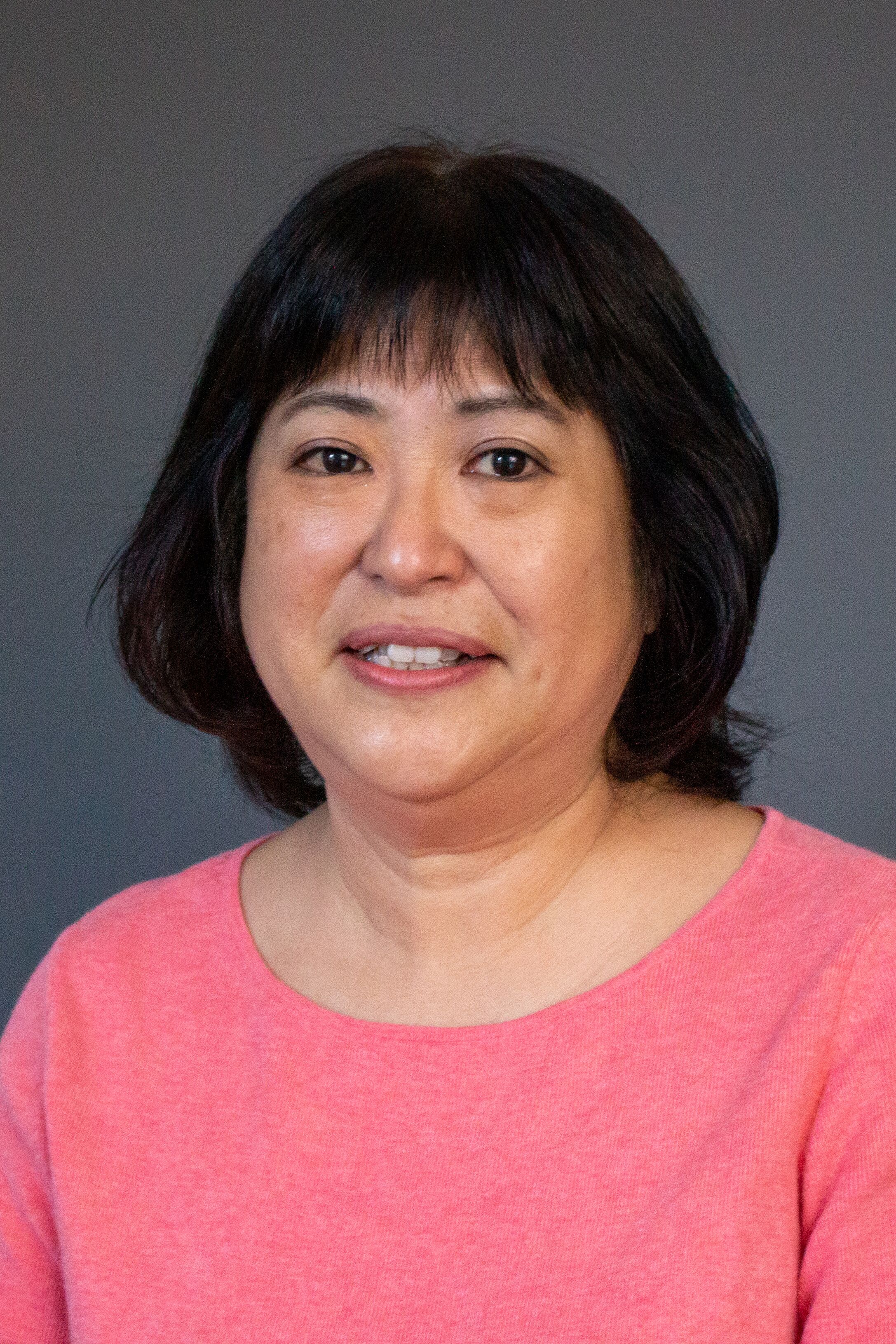January 31, 2024
Teaching Professor Yuki Aratake (or, as her students call her, Aratake-sensei) has been teaching Japanese in DAMES for decades. She can be found in places beyond the classroom on the UNC campus, however: she takes students on a yearly journey with her across the globe to Japan itself, leading a popular summer study abroad expedition, the UNC Summer in Tokyo program, for those who love languages so much that they want to tackle a year’s worth of learning Japanese in just six weeks! This past summer, the program resumed after being paused during the pandemic, and I interviewed Aratake-sensei about her experiences being back in Japan with her UNC student cohort.
1) First, for those who don’t know, can you tell me a little bit about your study abroad program?
I started the program in 2006. The program is comprised of exactly the same Japanese classes we offer over two semesters here in DAMES, but condensed into a summer program. I also take students to events: calligraphy, kabuki theater, sushi-making, and to different cultural sites, like Kyoto, Hiroshima, and Nara. And to traditional Japanese restaurants!
I’m most proud of the homestay program, where students live with Japanese host families. Most families don’t speak much English, so students have to use Japanese. Our classes are also on the Kanda University campus, so our students get to meet Japanese students and even join clubs.
2) What was it like leading your program again after the pause caused by COVID? Did you notice that your students had different expectations as opposed to previous journeys?
Students now want to learn more about culture than language. Before, the focus was on language-learning: students tended to join my program because they really wanted to be interpreters or translators later in life. This year, they were more interested in learning about the culture itself.
3) In general, what was different on these trips from previous journeys? Were there similarities as well?
Students are so much more reliant on their cellphones now! It’s not a bad thing. They used to ask me lots of questions once they were on the ground in Japan, especially about navigation, but now they can consult their GPS, even if they need to find me! After the Tokyo Olympics, lots of signs and menus are also written in English, so that helps students be more independent. I think this fosters a unique sense of independence and confidence that can help them a lot when they come back home, too.
4) Can you tell us what you hope students will accomplish on your program?
I want students to have more opportunities to speak in Japanese, and understand Japanese culture. For example: meeting at 2 o’clock in the train station, for Japanese people, means being ready to go at 2 o’clock on the dot! The American way is much different: come at 2 o’clock, buy the tickets, go to the bathroom… it’s very good for students to experience these differences. I hope that students who come on this program will develop better listening comprehension skills. I always ask them not to wear headphones on the train, so they get used to hearing people speak in Japanese all the time, and to really soak in Japanese life while they can.
5) What do you enjoy the most about leading your program?
I’m really happy to see the students’ progress! It’s amazing to see their eagerness to learn Japanese, and to see how much they learn in such a short time when they feel determined.
6) What do you think students enjoy the most when they study abroad with your program?
I think students enjoy their stays with host families the best. It’s not just a two-month stay: it’s a connection made for the future! Students often go back to visit their host families later, especially if they continue with careers in Japan (like the JET Programme, a program that helps graduates become English teachers in Japan).
7) Finally, is there anything you’d like students to know about studying abroad in Japan with you?
I hope lots of students can apply for this program in the future! I want students to study abroad in general, because it’s such a good experience for them. Students who want to focus intensely on Japanese in a short time should definitely apply for my program, but I also think it’s good for students to study abroad for longer periods (a semester or more) if they can. UNC has lots of programs to study abroad in Japan, so whatever you do, don’t give up!

